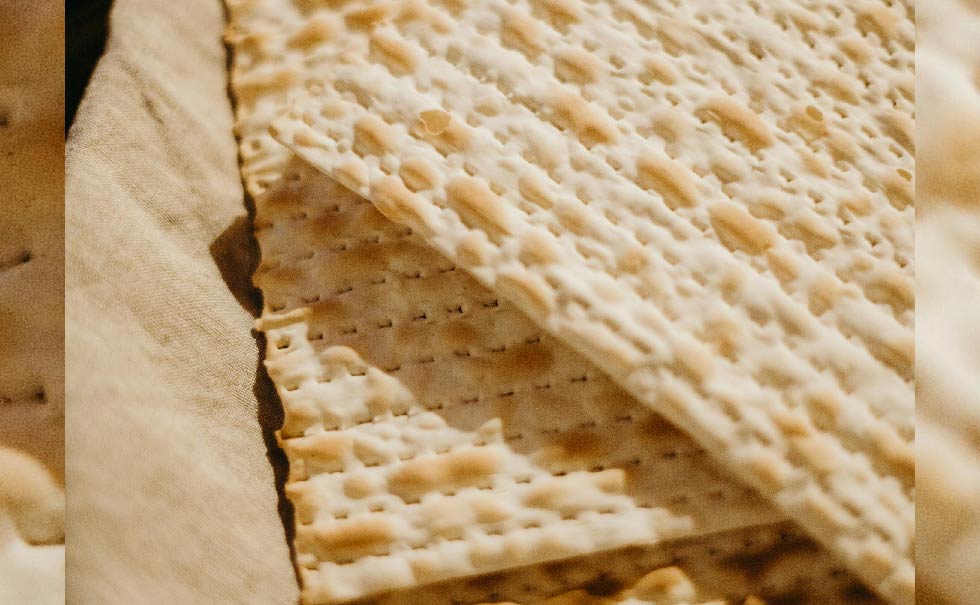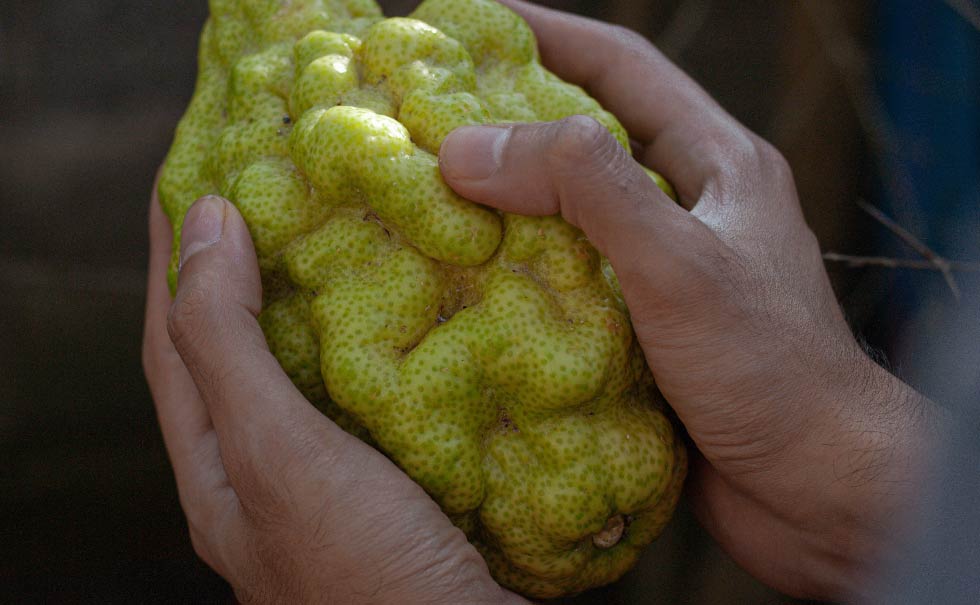Shabbat HaGadol
There are several reasons why the Shabbat before Pesach is called
Shabbat HaGadol, one of them according to our tradition is that the
first Pesach (The 15th of Nissan in the Hebrew year 2448) occurred on
a Thursday, Erev Pesach, the 14th of Nissan, when the Children of
Israel performed the 1st Korban Pesach (the paschal offering), was a
Wednesday. That 1st Korban Pesach required that each household select
their sheep 4 days beforehand, on the 10th of Nissan, and tie it to
their bedposts.
The 1st Mitzvah given to the entire nation was the Korban Pesach, that
Shabbat was the moment when the nation performed the 1st step of the
1st Mitzvah by preparing to offer an animal considered sacred by the
Egyptians and deified (as the god Khnum) as a sacrifice to the God of
Israel.
Shabbat HaGadol is a time of transition, for some their kitchens are
starting to look slightly more like the international space station as
we Kasher for Pesach, remove our Hametz and prepare the items needed
for the Seder at the same time we have a Shabbat in which we are Hiuv
to eat bread at our meals of Shabbat – we are preparing for a time
without Chametz and yet still commanded to eat it.
Interestingly in leap years the Parsha before Pesach is Metzora –
where we discuss the impurity that contaminates a person due to their
evil speech and the ramifications of such a spiritual illness and its
remedy through the process of the Cohanim. Pesach is the holiday that
aside from the Mitzvah of destroying Hametz and eating Matzah, we
fulfil the obligation of remembering the incredible journey of the
Children of Israel as they broke the bonds of slavery and journeyed
through miracles to become a free nation. We are actually commanded as
a positive Mitzvah to remember this idea every morning and evening.
For this reason the paragraph of the Shema that deals with ritual
fringes Tzizit which are only obligatory to be worn during the day, is
included in our repetition of Shema at night since it directly speaks
of the Exodus from Egypt – a significant weight of consideration is
given to this fundamental idea within the Blessings of the Shema and a
variety of other blessing and prayers and Mitzvot such as Kiddush.
Whilst we fulfil the necessity of Halachic remembrance through the
mentioning of the idea, Pesach is the time when we focus our attention
entirely on the matter and explore it in a focused and structured way.
Of all of the festivals of the Torah, it is intriguing that the Seder
Night with all its complexity, laws and customs is perhaps the most
attended Jewish festival worldwide – for many of us it serves as a
reminder of our childhoods and especially of grandparents, it is for
many the time when the whole family (plus extensions) gather together
for a purpose, a requirement and holy responsibility, it marks the
difference between being a child and attending a Seder and being an
adult and running a Seder for one’s own family. No other book aside
from perhaps the Chumash and Siddur is printed in as great a volume as
the Haggadah and versions from the Middle Ages to the present day are
able to be seen in museums around the world.
Jews know all too well about the power of speech, aside from its
capacity to heal, to teach, to bring together and destroy divisions it
is conversely able to ignite, inflame and spread anger and madness at
the speed of a wildfire through society. As we have watched this
terrible war unfold in the last year in Israel, may we see true
lasting peace soon, the old familiar rhetoric and hatred has once
again returned to be vocalized:
Campuses & city streets have become places where calls for the
destruction of the State of Israel and the Jewish people are now
common at every rally and political protest, the argument that it
applies only to “Zionists” making little sense when approximately half
of all Jews worldwide live in Israel, speak their native language
Hebrew, keep their national festivals and customs in the modern state
created by the league of nations following the horrors of the 2nd
world war and the Holocaust.
Jews arrived as survivors of brutal torment from Europe and terrible,
violent expulsion from Arab countries toa land that although
undeveloped and largely unusable the land of their ancient longing: no
fewer than three times daily Jews prayed to return to their land
following the thousands of years since the Roman exile, every
Synagogue in every country worldwide and every prayer uttered by every
Jew has been directed towards Jerusalem.
On Pesach we teach the fundamental lessons of our people to the next
generation, that they themselves are part of this incredible and
miraculous narrative told in the lives of a unique people over
thousands of years, telling their children and they their children’s
children that the Almighty did miracles for our forefathers in a land
not theirs, that with a strong hand He brought us to a place where we
can call home. In every generation we manage somehow to integrate,
adopt new languages and lifestyles and yet no matter what we remain
Jews, when we least expect it our neighbours remind us.
It with no small sense of irony that the secular educational
institutions that liberal Jews funded have become the hotbeds of
antisemitic rhetoric and propaganda directed at secular Jewish
nationalism, regardless of our colour, political views or religious
“affiliation” if we identify with the larger Jewish nation, with being
the Children of Israel we are immediately called oppressors. Despite
the millions of people killed in recent wars across the world it is
the Jews who are the genocidal, no matter how other countries defend
themselves it is we who are excessive – all other nations have a
homeland and country, only we must fight both physically and vocally
to have such a right and privilege.
“This year we are slaves, next year may we be free men” – we often
think of this in the context of chains and laws that subjugate and
control, do we stop perhaps to consider that the slavery is inside our
minds? That we tell ourselves a narrative of what may and may not be
possible, that we hold ourselves back from our destiny that we are
perhaps, in many ways afraid to be truly free:
For Jews freedom is not a free-for-all recklessness or expression of
doing whatever we want whenever we want, rather we understand that
true freedom requires boundaries, laws and most importantly
responsibilities. On Pesach we take the symbol of mankind’s most basic
foodstuff since antiquity, bread and we forbid it – we show that our
freedom comes even with the ability to transcend that most basic
symbolic elements of civilisation as we know it – for Jews our freedom
is dependent not on external factors but on moral and spiritual
values.
I pray that this year be a gathering of our people back together in
our land to create a society where we can express our unique culture,
ideals and peoplehood – and I pray equally that it is a time of
personal freedom for all of us, that we break free of negativity, of
doubts and illusions and most importantly the shackles we have created
to hold ourselves back from our truest expressions of self and
ultimate realisation of purpose.
Shabbat Shalom & Chag Somayach!
Rabbi Jonathan Goldschmidt 2024 ©




